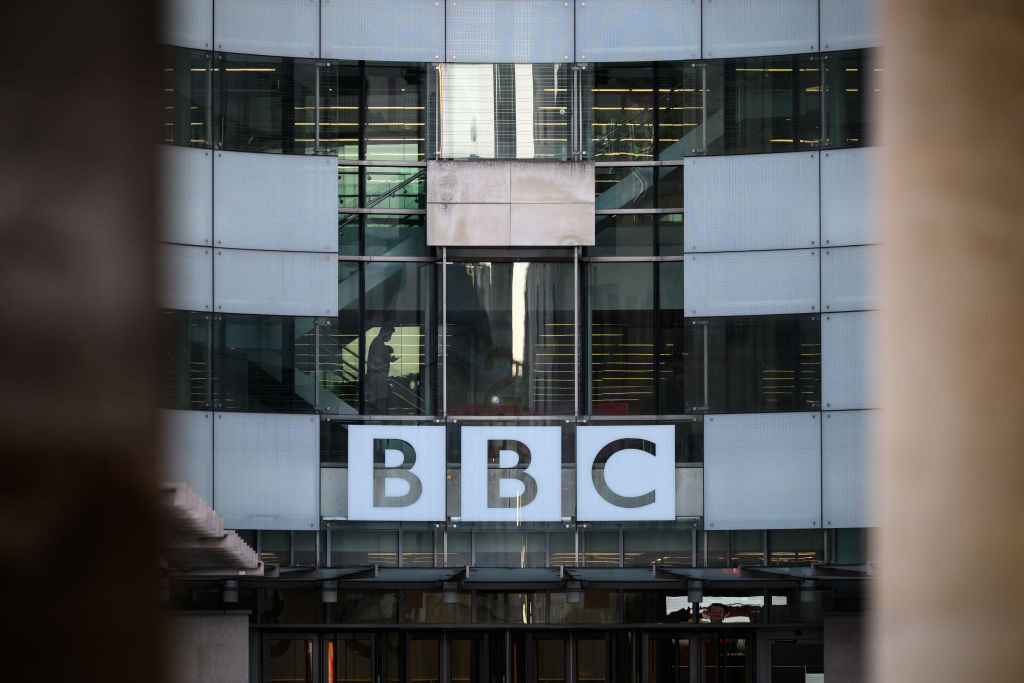I think it’s fair to say the BBC has not had a good week — or indeed, month. In late February, the documentary Gaza: How to Survive a War Zone was pulled after it was revealed that the 13-year-old narrator was the son of a Hamas official. Yesterday, it was reported that a BBC Arabic journalist had described Israelis as worse than “beasts” and called Jews “devils” after 7 October. What’s more, the Beeb has been accused of spreading “Islamist propaganda” as one of its writers repeatedly referred to Muslim converts as “reverts”, an Islamic assumption that being Muslim is everyone’s natural state.
While worrying, this is perhaps unsurprising. The past month or so has seen Lent coincide with Ramadan. The standard Ramadan lights have filled central London and everyone, from His Majesty the King to the Prime Minister, has written gushing posts about it, while seeming to ignore the Christian period of Lent almost entirely.
Of course, Britons should be free to believe whatever they want about the metaphysics of reality and God, free to assess for themselves what merit lies in the religious doctrines of the Resurrection of Christ or the revelations of Mohammad. But the distinctly “astroturf” feel of the promotions of many of the Iftars and Eid celebrations this year have helped create an entirely uncritical “hype” around Islam as this year’s chic trend. The consequences for many, including the millions of moderate British Muslims, could be wide-ranging.
Take Charlotte Gill’s list of what she refers to as “hijab propaganda”. While there is a debate to be had as to whether the examples she documents are actually propaganda, it is true that her examples show a political tendency to gloss over a complicated discussion around a much-debated religious garment, which many — such as dissident Iranian women — view as oppressive and misogynistic.
Efforts by the Government, local councils, and the state broadcaster to foreground the wearing of such a controversial religious symbol — banned by our French neighbors — does risk a backlash. Many are uncomfortable that official bodies are taking such stances. What message do these official images send to immigrants who have fled oppressive religiously conservative countries?
Meanwhile, behind closed doors, there will be younger people trying to assimilate into modern Western civilization, held back by older relatives not feeling pressures to adapt. Or there will be parents grateful to live in the free West but fearful of their children being radicalized by online forces, now sanctioned by mainstream institutions. Focusing on differences, specifically that of “Muslimness”, could encourage antipathy towards moderate and secular Muslims, whose religion might be of no more importance to them than nominally Christian, but largely secular, Britons.
Official promotion of the hijab, Eid adverts on the tube and the use of language such as “reverts” from the state broadcaster all does a disservice to British Muslims who are trying to integrate and assimilate into British culture. Until recently, this was something the UK had rightfully prided itself on. For us to continue being a tolerant and accepting society that can assimilate its many immigrants from all over the world, our institutions should resist parading an overt multiculturalism that risks the worst kind of backlash.











Join the discussion
Join like minded readers that support our journalism by becoming a paid subscriber
To join the discussion in the comments, become a paid subscriber.
Join like minded readers that support our journalism, read unlimited articles and enjoy other subscriber-only benefits.
Subscribe